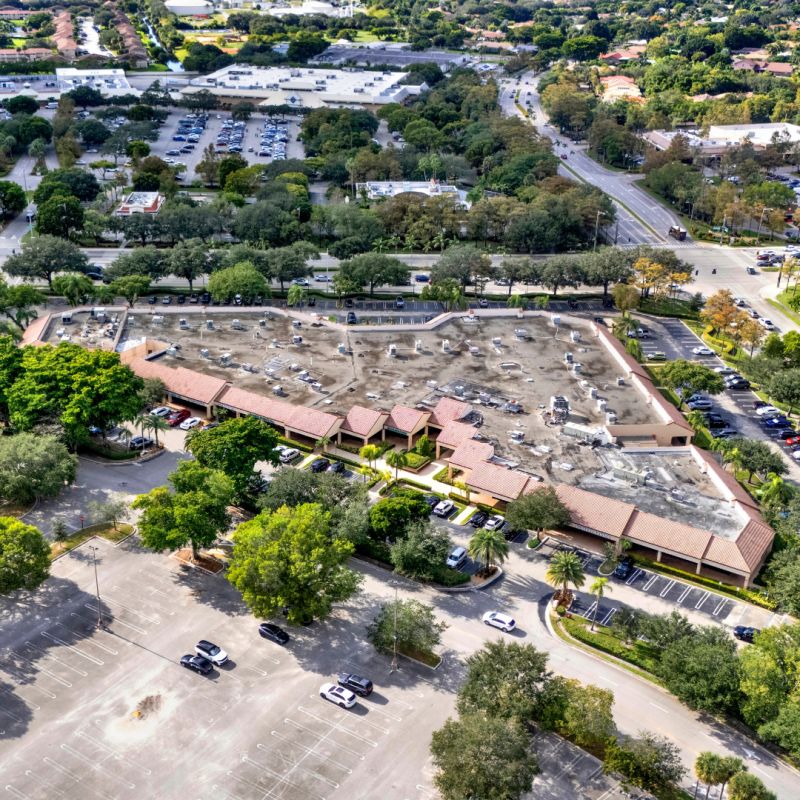P
roperty tokenization, a novel way to invest in real estate, is gaining traction among cryptocurrency enthusiasts as the broader narrative of putting real-world assets on blockchain rails gains momentum. High property prices in cities like London and New York have made direct investment increasingly unaffordable, paving the way for tokenized real estate as a viable alternative.
Unlike traditional REITs that own or finance large clusters of properties, tokenized real estate allows small-scale investment in individual properties. In this process, assets are divided into digital tokens that signify ownership, stored on a blockchain with details like ownership history and regulatory information.
Tokenization increases liquidity by allowing owners to sell their shares quickly, resulting in swift changes of ownership. The market remains open 24/7 with higher levels of transparency due to blockchain technology. According to Max Dilendorf, "it's really the question of convenience because the asset becomes liquid, it becomes tradable 24/7, and a global pool of investors have access to it."
The real estate tokenization market was valued at $3.8 billion in 2024 and is expected to reach $26 billion by 2034 with a CAGR of 2.90%. Key players in the industry include Lofty, RealT, and HouseBit. The rise of property tokenization is part of a larger narrative of real-world asset (RWA) tokenization that has emerged as a hot cryptocurrency trend this year.
BlackRock's entry into the sector with its tokenized U.S. Treasury product, BUIDL, built atop Ethereum, boasts a market valuation of over $550 million. Industry expert Anthony Moro predicts tokenization to become a trillion-dollar market by 2030.













